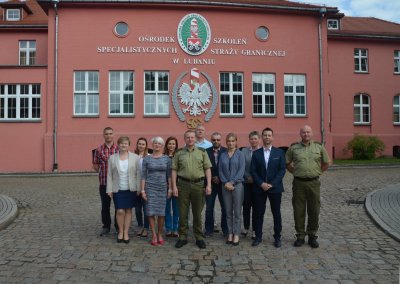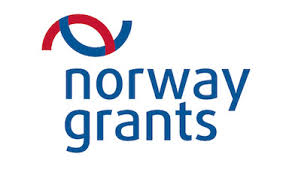Workshop “Identification of vulnerable persons (victims of human trafficking, people suffering from Post-Traumatic Stress Disorder, or with psychological disorders) in the frames of administrative proceedings” was carried out in the Border Guard Centre for Specialised Training in Luban from 14 to 17 June, 2016. The participants of this training were the employees and border guards from various Border Guard Regional Units as well as representatives of the Border Guard Headquarters. A substantial support to the workshop was given by external experts who described the methods of diagnosing foreigners from vulnerable groups, especially unaccompanied minors. Furthermore the participants had the possibility to familiarise with the issues of forced migration and various forms of violence and traumatic events related to it. The representative of the Border Guard Board for Foreigners described the rules concerning the identification of vulnerable persons, focusing on the conditions of Secure Facilities for Foreigners, whereas BG major Izabela Bolczyk presented information on types of psychological disorders amongst foreigners received under Dublin III Regulation and the procedure of sharing information on methods of dealing with foreigners requiring special attention between Health Service and Foreigners’ Departments of the Border Guard. This workshop was co-financed in the frames of Norway Grants project No. 26/NMF PL 15/14.
News
Identification of vulnerable persons (victims of human trafficking, people suffering from Post-Traumatic Stress Disorder, or with psychological disorders) in the frames of administrative proceedings
Marcin Zieliński
20.06.2016

